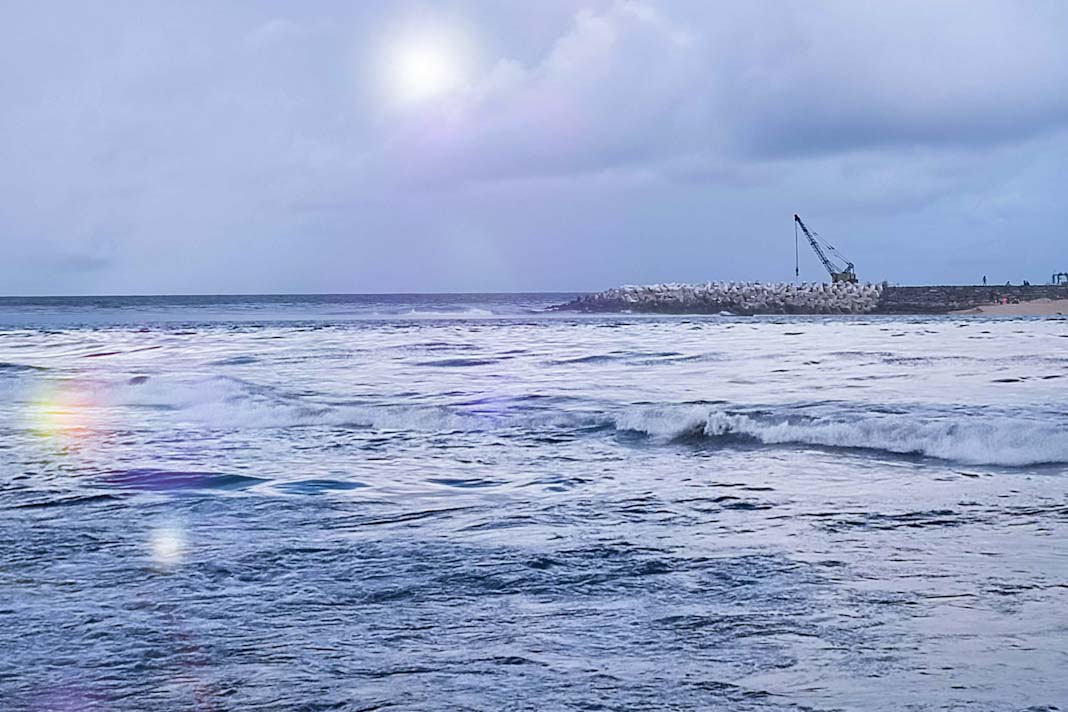 With the forecasted increase in bunker demand developing in parallel with the fuel mix towards emission-neutral fuels, there’s a pressing need for a timely and ambitious development of an adapted bunker fleet in German seaports, a new study concluded.
With the forecasted increase in bunker demand developing in parallel with the fuel mix towards emission-neutral fuels, there’s a pressing need for a timely and ambitious development of an adapted bunker fleet in German seaports, a new study concluded.
Refuelling Infrastructure
A recent study titled ‘Refuelling infrastructure for low-carbon and renewable marine fuels in Germany’ highlights the critical need for developing adapted bunker fleets in German seaports amidst the rising demand for emission-neutral fuels.Study Overview Commissioned by NOW GmbH and conducted by Ramboll, the market potential study offers key insights and recommendations to the bunkering industry in Germany, focusing on sustainable shipping transport supply.
Climate Targets and Shipping Transition
To achieve climate targets, a shift towards climate-friendly alternative fuels is imperative in the shipping sector.In addition to measures to reduce consumption, achieving the climate protection targets in shipping is only possible by increasing the use of low-carbon and renewable fuels.Bunker suppliers must adjust refuelling structures to support this transition.
Key Study Findings
The study sheds light on the supply potential and provides recommendations for measures and strategies to expand bunkering capacities for sustainable marine fuels in Germany. Supported by an advisory board of experts from the shipping industry, the bunkering industry, the port industry and environmental organisations, the study examined the following aspects:
•The status quo of port calls and bunker volumes: While port calls have remained constant over the last two decades, bunker volumes of conventional fossil fuels used in maritime shipping in Germany have tended to decline since 2016. Bunker demand in inland shipping, on the other hand, has remained constant since 2007.
•Development of future fuel options: It is anticipated, however, that alternative fuels such as LNG, methanol, ammonia and hydrogen, which increasingly have to be produced from renewable sources, will play an important role in the defossilization of shipping in the future. Over 90 percent of the bunker volume in 2050 is expected to be used for these fuels.
•Bunker volume scenarios: The study outlines scenarios for increasing demand for precisely these fuels, in particular also due to increasingly stringent climate protection requirements for shipping, in combination with a lower volumetric energy density of these fuels compared to conventional fuels (fuel tanks and bunker intensities are increasing).
•Bunker ships and bunker facilities: The analysis shows in particular a need for new bunker ships: By 2050, 13 small, 5 large and 4 very large bunker vessels will be needed in the North Sea alone to supply the expected ship calls at German seaports, while 22 small, 2 medium and 3 large bunker vessels will be needed in the Baltic Sea. A total investment of €1.74 billion would be required for the construction of the bunker vessel fleet.
Pressure & Contribution
“The pressure on the shipping industry to make its contribution towards tackling climate change is growing. Ever stricter regulations concerning the reduction of CO2 emissions require not only efficiency measures but also the increasing use of low-carbon and renewable marine fuels. The study provides guidance for the development of corresponding bunkering infrastructures in Germany. The development of a robust bunker market for climate-friendly marine fuels can become an attractive service offering for German ports in international competition,” Kurt-Christoph von Knobelsdorff, CEO and spokesperson for NOW GmbH, commented.
Did you subscribe to our daily Newsletter?
It’s Free! Click here to Subscribe
Source: Offshore-Energy















